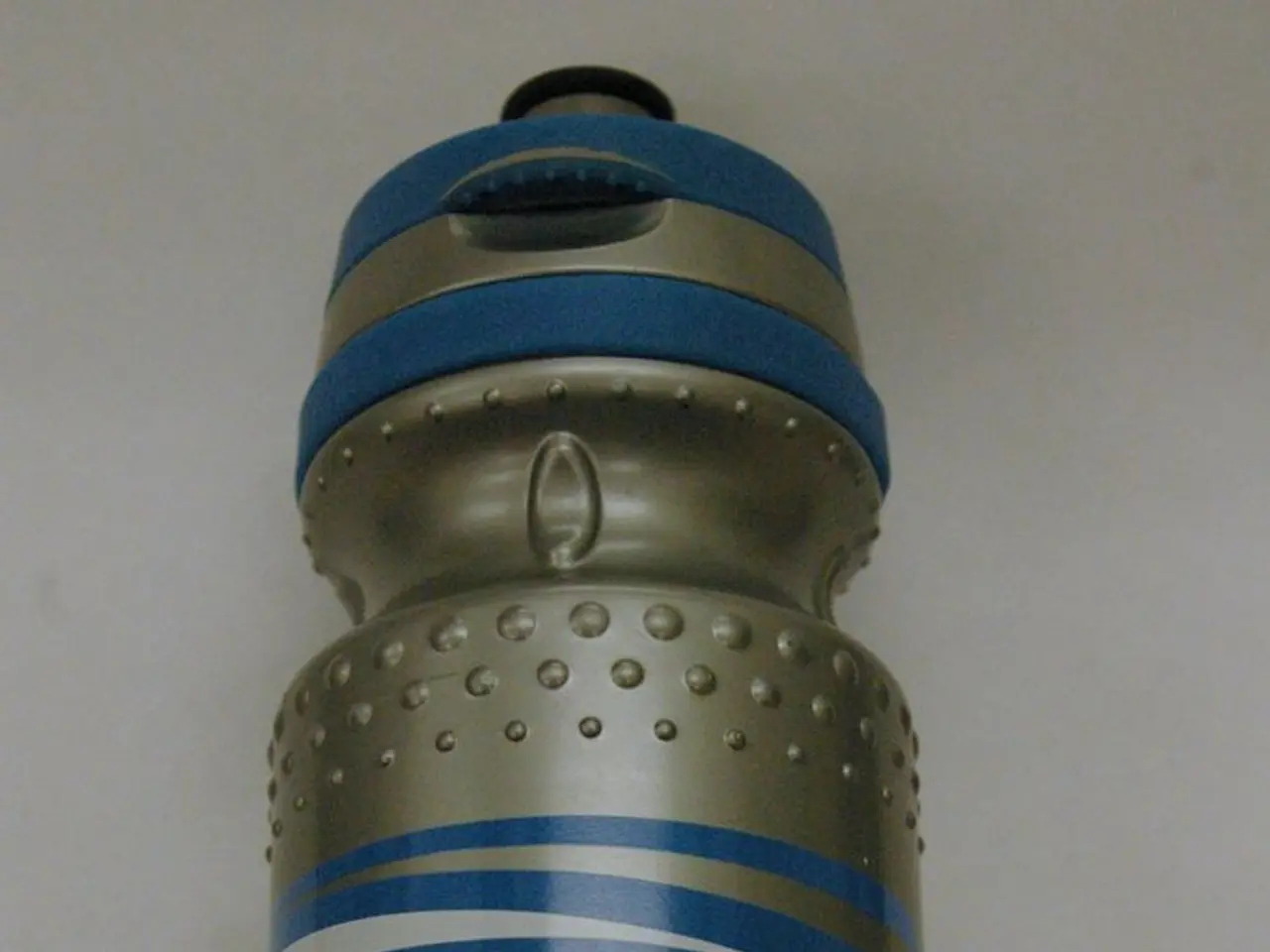Scientists Race to Cure Cancer with Immunotherapy and Gene Editing
Scientists worldwide are racing to find a cure for cancer, a disease that can remain undetectable yet still return. Recent advancements in immunotherapy offer hope, with new treatments like vaccines, monoclonal antibodies, and gene editing showing promise.
Cancer immunotherapy boosts the body's immune system to fight cancer cells. Vaccines like Bacillus Calmette-Guerin (BCG) for bladder cancer and Sipuleucel-T (Provenge) for prostate cancer have been approved by the FDA. Another approach, monoclonal antibody (mAb) therapy, uses antibodies to neutralize cancer cells. Examples include Alemtuzumab (Campath) and Trastuzumab (Herceptin).
CAR T-cell therapy, which modifies T-cells to better recognize and destroy cancer cells, has been approved for treating blood cancers. Immune checkpoint inhibitors, such as atezolizumab (Tencentriq), nivolumab (Opdivo), and pembrolizumab (Keytruda), also enhance the body's immune system response to cancer. Researchers are now exploring newer treatments like gene editing to target difficult-to-treat tumors. The Universitäres Cancer Center Hamburg (UCC Hamburg) and associated centers are developing genetically engineered immune cells using CRISPR technology for lung cancer, with projects like CAR FACTORY focusing on innovative immunotherapies. Additionally, CRISPR/Cas9 is being used in the SARAH project to investigate lung cancer mechanisms.
While a cure for cancer remains elusive, ongoing research into immunotherapies and gene editing offers promising avenues. These treatments, used alone or alongside conventional therapies, could significantly improve cancer outcomes in the future.
Read also:
- Rosselkhozbank's Yakutsk Branch Expands 'Farmer School' to Train SVO Veterans in Agribusiness
- Emerging Fashions in Marijuana Storage: TVLPK's Attractive Gear for Cannabis Carrying
- The Distinction Between Sexual Identity and Gender Identity
- Symptoms, Prevention Strategies, and Management Methods for Measles




